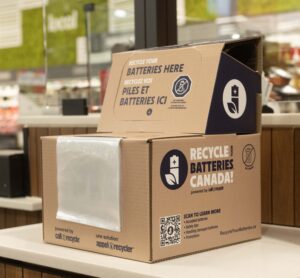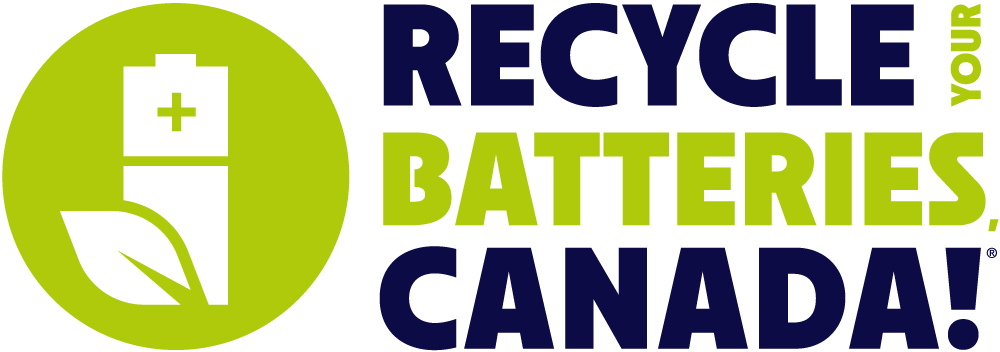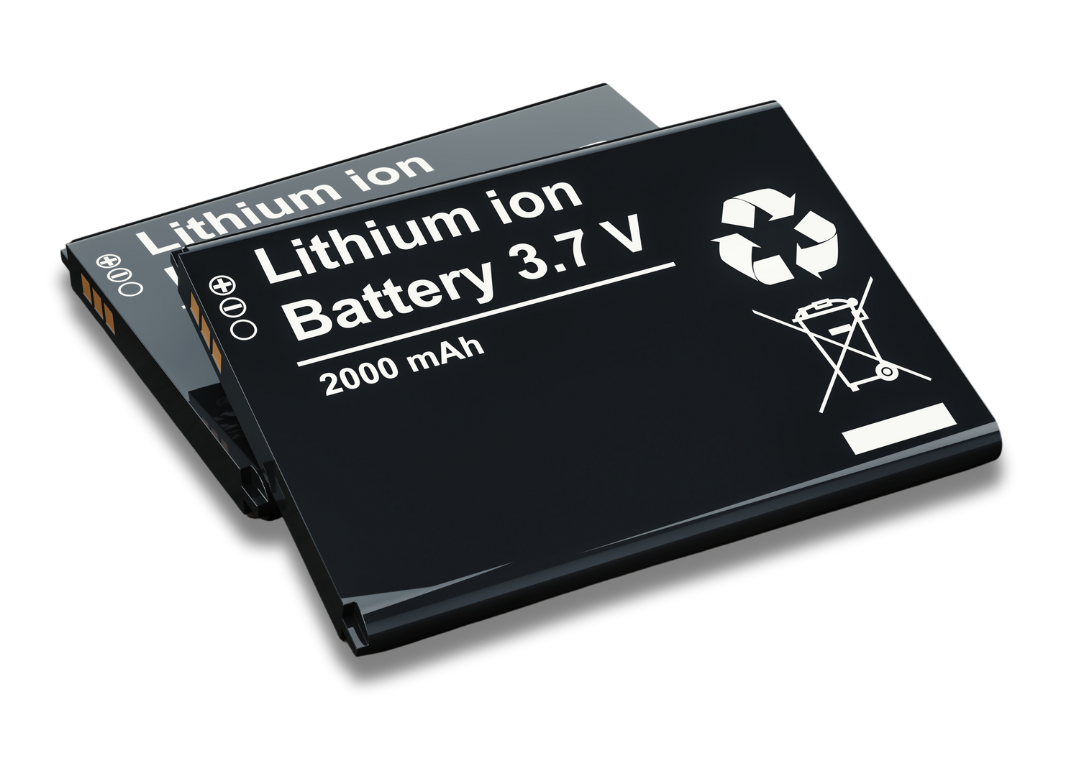Lithium-ion batteries have become an essential part of our daily life, powering everything from mobile phones and laptops to electric vehicles. Their high energy capacity and long lifecycle have secured their place as our household staple.
However, when these batteries reach the end of their life, proper recycling and disposal are crucial to prevent potential safety risks to both the environment and our property.
To help you stay informed and safe, we’ve answered some of the most common questions you may have about lithium-ion battery recycling and disposal.
Q: What is a lithium-ion battery?
A: Lithium-ion batteries are rechargeable batteries widely used in everyday electronics such as smartphones, power tools, and electric vehicles. These batteries are popular due to their long life, lightweight design, and ability to hold a significant charge. Lithium-ion batteries can be identified by labels such as “Lithium Ion,” “LiION,” “Li-ion,” or “Li-Ion”.
Q: What’s the difference between lithium-ion batteries and alkaline batteries?
A: The main differences between lithium-ion and alkaline batteries are their chemistry and energy density. Lithium-ion batteries use lithium-based compounds and have a higher energy density than alkaline batteries, giving them a longer lifespan and making them ideal for energy-demanding applications. In contrast, alkaline batteries contain zinc anode and manganese dioxide cathodes and are best suited for low power applications such as flashlights and remote controls.
Q: What’s the difference between lithium and lithium-ion batteries?
A: The main difference between lithium and lithium-ion batteries is their ability to be reused by recharging the batteries. Lithium batteries are primarily non-rechargeable and designed for single-use applications. On the other hand, lithium-ion batteries are rechargeable, allowing for multiple use cycles, making them suitable for high-demand electronics.
Q: What makes lithium-ion batteries a greater fire hazard than alkaline batteries?
A: Lithium-ion batteries have a higher fire risk compared to alkaline batteries due to higher energy density. If a lithium-ion battery is overheated, damaged or improperly handled, it can lead to a chemical reaction referred to as a thermal runaway potentially leading to a fire.
Q: How to dispose of lithium-ion batteries and recycle?
A: Batteries, whether lithium-ion batteries or other chemistries, should never be thrown in the garbage, Blue Bin (recycling) or Green Bin (organics) due to safety and environmental impact.
For lithium-ion batteries under 5 kilograms including those used in e-mobility devices like e-bikes and e-scooters, find a Recycle Your Batteries, Canada! drop-off location for proper recycling.
For lithium-ion batteries over 5 kilograms, contact your local municipal hazardous waste depot.
Q: Are lithium-ion batteries recyclable?
A: Yes, lithium-ion batteries can be recycled. The metals used in lithium-ion batteries, such as lithium, nickel, and cobalt, can be recovered through specialized recycling processes. By recycling lithium-ion batteries, you help reduce waste, environmental impact and support sustainable practices to help build a circular economy
Q: How to dispose of a swollen lithium-ion battery?
A: Disposing of swollen or damaged lithium-ion batteries requires extra caution due to safety risks. Follow these steps to handle and dispose of them safely:
- Do not use or charge the battery if it appears swollen or damaged.
- Do not place swollen or damaged batteries in a regular Recycle Your Batteries, Canada! drop-off box or cylinder.
- Temporarily store your damaged lithium batteries covered with sand or baking soda in a non-flammable container away from all flammable sources, while you arrange for safe disposal.
- Contact your local recycling centre or our team to find a location that has a DDR container available for the safe handling of damaged batteries.
Q: Is it safe to store lithium batteries in the house?
A: Yes, storing lithium batteries at home can be safe if you take precautions as recommended by the manufacturer. Common recommendations include:
- Keep them in a cool, dry place away from heat sources and direct sunlight.
- Avoid storing them in metal containers to prevent accidental contact with conductive materials.
- Protect the terminals when storing used lithium batteries for recycling.









